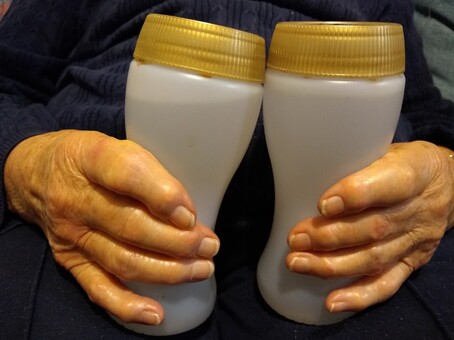My mother recently started participating in online exercise classes. At 10AM, three days a week, I can find her seated in front of her laptop in her living room, following her online instructor.
This is new for her: she has never been ‘sporty’ and has always felt a little clumsy. While she has no trouble being physically active in gardening or housework, making time for ‘exercise’ is something she resists. Even when she knows it will be of benefit to her, such as the exercises the physical therapist gave her for her sciatica pain and weak back muscles, she can be at her passive best. When I check in with her about whether she has done her exercises I get a Look from her and a grin from my dad.
So why did she start now? The Practice Nurse at my parents’ GP office (may she be forever blessed) signed Mum up for a Green Prescription assessment after Mum asked for suggestions for a massage therapist to work on her sore back. And Mum asked about a massage therapist after prolonged prompting from me asking her what she was doing about her ongoing back pain.
There are two things that are significant about this little story. The first is that my mother is 90 years old. After a lifetime of resisting organised exercise, it is impressive to see her working out in front of her laptop, with two Jarrah containers filled with water as her weights. I am so proud of her!
The second significant thing is that this success has been crafted by the combined efforts of my Dad, myself, the wonderful Practice Nurse, and the Green Prescription programme. Mum still mutters about the exercises, but she does them. And Dad now joins in, both to keep her company and to keep her honest.
As active, independent adults, we value being able to do things for ourselves. One of the dreaded stereotypes of ageing for many of us is the increasing dependence on others.
The truth is that we all need each other, whatever our age. What the ageing process can show us more clearly, though, is how a network of care can protect independence and dignity, and create environments where an elder can thrive.
If you are caring for an elder, take a moment to think about the individuals or programmes that are part of their wider care network. Acknowledge your own place in that network, and recognise that you are not alone in caring for your elders. And think about your own care network – who is looking out for you?
We all need a network of care. We do life best together.


